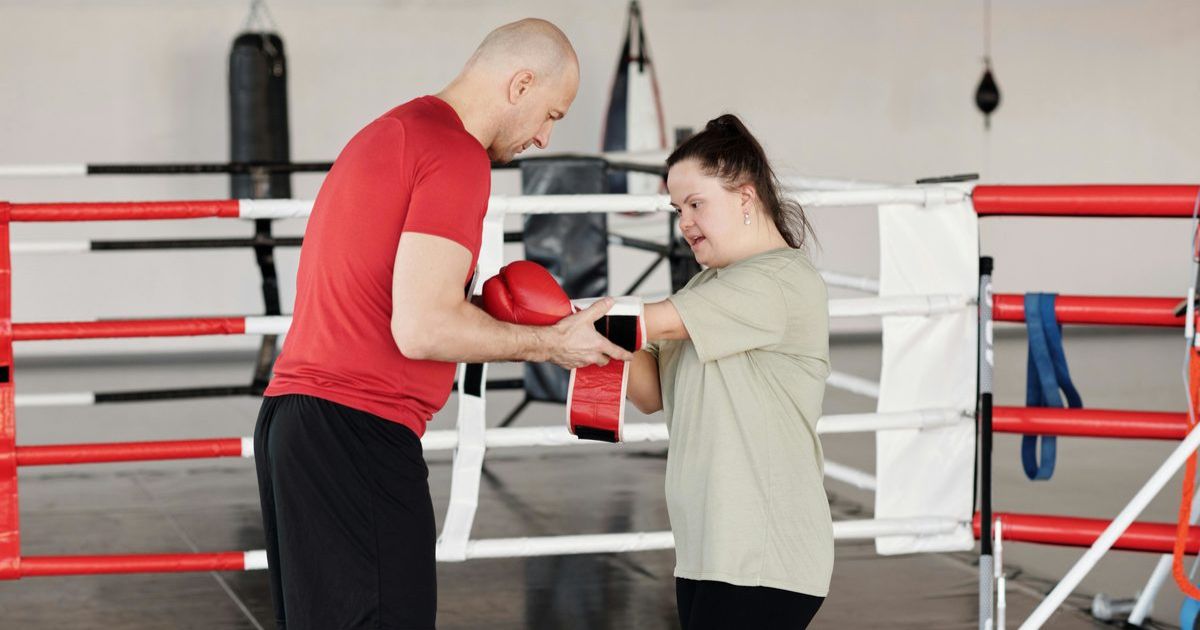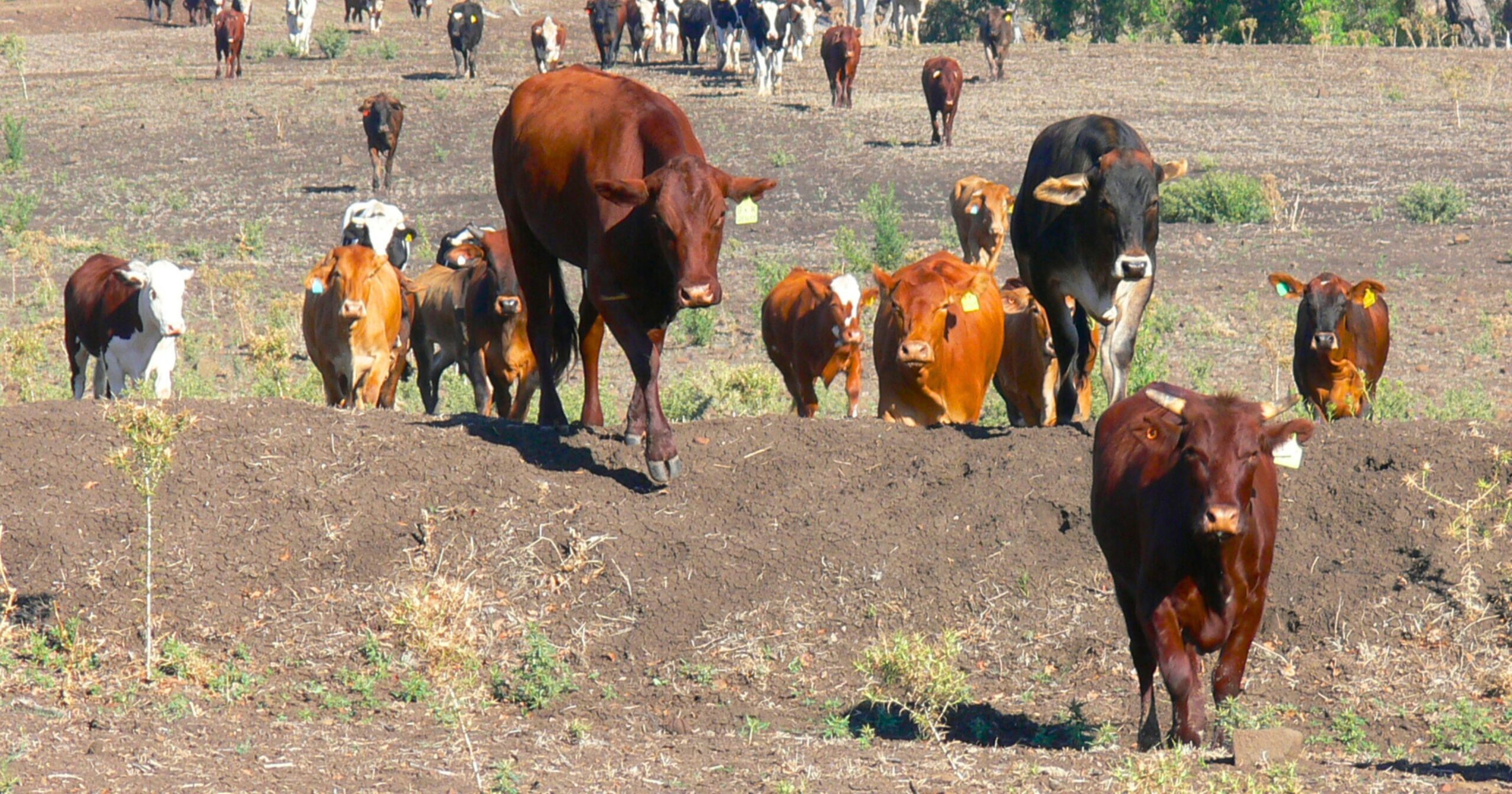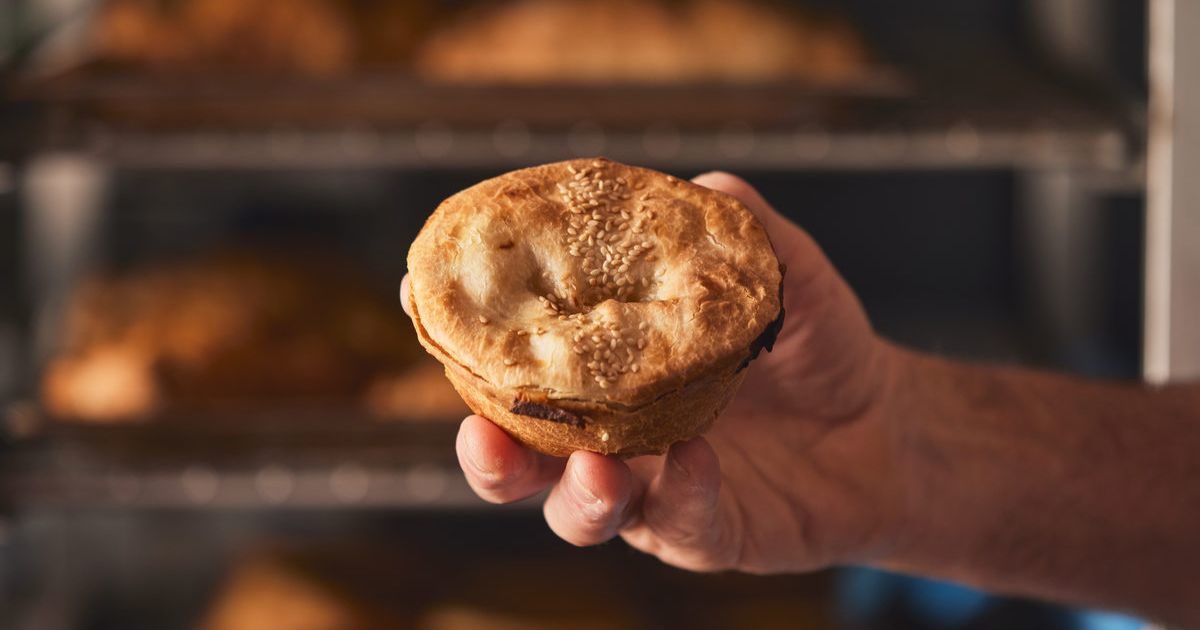Filmmaking with an impact

Harmony: Documentary filmmaker Diana Paez said she plans to build her networks and share the stories of diverse Ballarat people. Photo: EDWINA WILLIAMS
AS a teenager, Diana Paez discovered her affinity for photography and filmmaking.
Born in Mexico and raised in Colombia, with older brothers living in Australia, she had an interesting multicultural story of her own to tell, but instead fell in love with sharing the experiences of others on screen.
“I was just fascinated by how filmmaking could create realities but also serve as a tool to really analyse the human condition,” she said.
“I’ve always enjoyed observing, since I was little. I wanted to be invisible so I could move around and no one could see me.”
In 2014, aged 19, Paez decided to join her brothers down under, and moved to Melbourne to study film for three years at Deakin University.
Working as a barista and waitress, she also freelanced as a party photographer, then started to make more videos.
Paez’s connections steered her towards short filmmaking for social enterprises and not-for-profits, including Refugee Migrant Children Centre and Latin Stories Australia, and she began to specialise in documentaries.
“These people care about the world, and I wanted to have an impact bigger than myself,” she said.
“If a film can serve to tell things that people need to know, or that will increase cohesion and harmony, I will do it.”
Paez directed the Victorian Government-funded feature-length documentary Nuestras Voces (Our Voices), which premiered in Australia’s Spanish Film Festival last year, and was part of a Melbourne Filmoteca screening at Showbiz Cinemas Delacombe in November.
The film unpacks the history and culture of Spanish-speaking migrants in Victoria from the 1960s to 1980s.
“I thought, my aim is to finish this thing, but I never expected the feedback we got,” Paez said.
“The film relates to so many people who are not necessarily Latin American, because Australia is full of people that come from everywhere.
“These amazing people literally transformed Victoria, and built Victoria, having come from turbulent backgrounds.”
Three years ago, Paez and her partner, who is also Colombian, made their own big move, shifting from Melbourne to settle in Ballarat East.
Paez now works from her home studio producing short videos for clients in the social sector.
But looking ahead to the possibilities of future collaborative projects, she said Ballarat is a multicultural and compassionate community full of colourful stories.
“Ballarat has so much potential for what I’m interested in,” she said. “The city is very welcoming.
“When I screened my film at Showbiz, I realised that people want to see these stories.
“I’d like to make a film with local women, the African community. I’m keen to do things here, I’m so open to connect with new people, and to get to know their stories.”


















